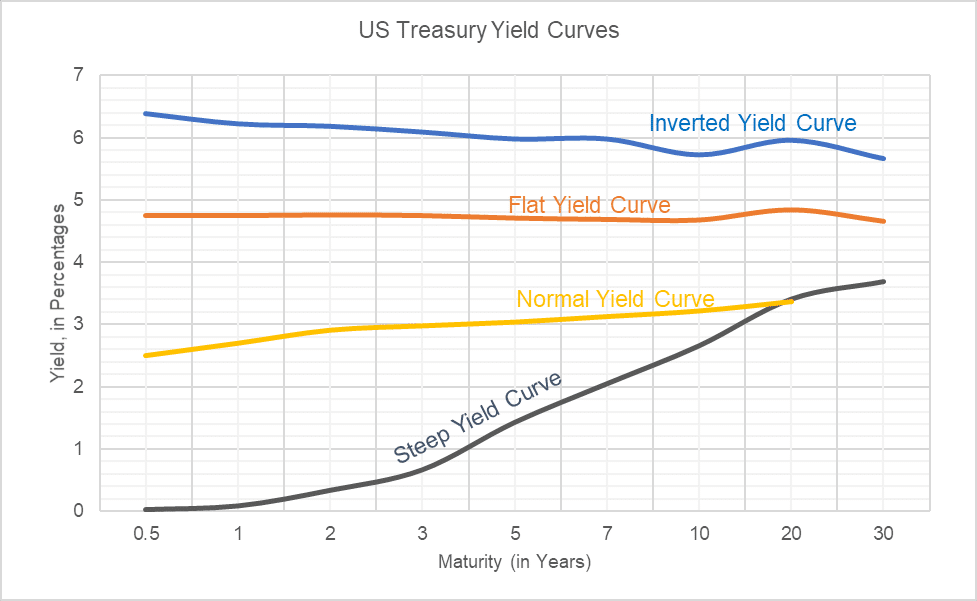Truck accidents are devastating events, often leaving victims with significant physical, emotional, and financial burdens.
While seeking compensation can be an essential step towards recovery, timing is paramount in this endeavor. The decisions and actions taken immediately after an accident often dictate the outcome of a claim, emphasizing the critical role of timing.
Understanding the Truck Accident Claims Process
Once involved in a truck accident, various steps require prompt attention, from reporting the incident to gathering evidence and negotiating with insurance providers. Each of these stages has its own set timeline and associated deadlines. Meeting these timelines is imperative for a strong case foundation. Failure to adhere to these deadlines could result in a weakened claim, or worse, losing the opportunity to seek compensation altogether.
Statutes of Limitations and Legal Assistance
Laws dictate a specific window, known as the statute of limitations, within which one must file a truck accident claim. Missing this deadline can entirely bar you from compensation. These laws underscore the need for early legal assistance, and this is where a Cumming truck accident attorney can help. Partnering with a legal expert ensures you’re aware of all deadlines, strengthening your claim’s foundation and enhancing your chances of receiving just compensation.
The Importance of Prompt Medical Attention
Post-accident, immediate medical attention is paramount. While ensuring your well-being is the top priority, it also significantly bolsters your claim. Injuries like concussions or internal trauma might not show symptoms right away but can be identified with early medical evaluation. By seeking prompt care, you not only protect your health but also document injuries which can play a crucial role in determining the compensation owed.
Gathering Evidence and Documentation
The aftermath of a truck accident is fleeting; skid marks fade, memories blur, and evidence disappears. This transience underlines the importance of promptly gathering evidence, like photographs of the scene, witness statements, and official police reports. Such evidence helps establish liability and can be instrumental in supporting your claim. Always ensure to document the accident scene comprehensively, capture vehicle damages, note environmental conditions, and collect contact details of potential witnesses.
Dealing with Insurance Companies
Insurance companies, though appearing supportive, primarily operate to protect their bottom lines. Reporting the accident to them without delay is crucial. However, remember that insurance adjusters, skilled in negotiation, often aim to minimize payouts. Being timely in your responses, armed with evidence and proper documentation, positions you stronger in these negotiations and prevents being caught off-guard.






